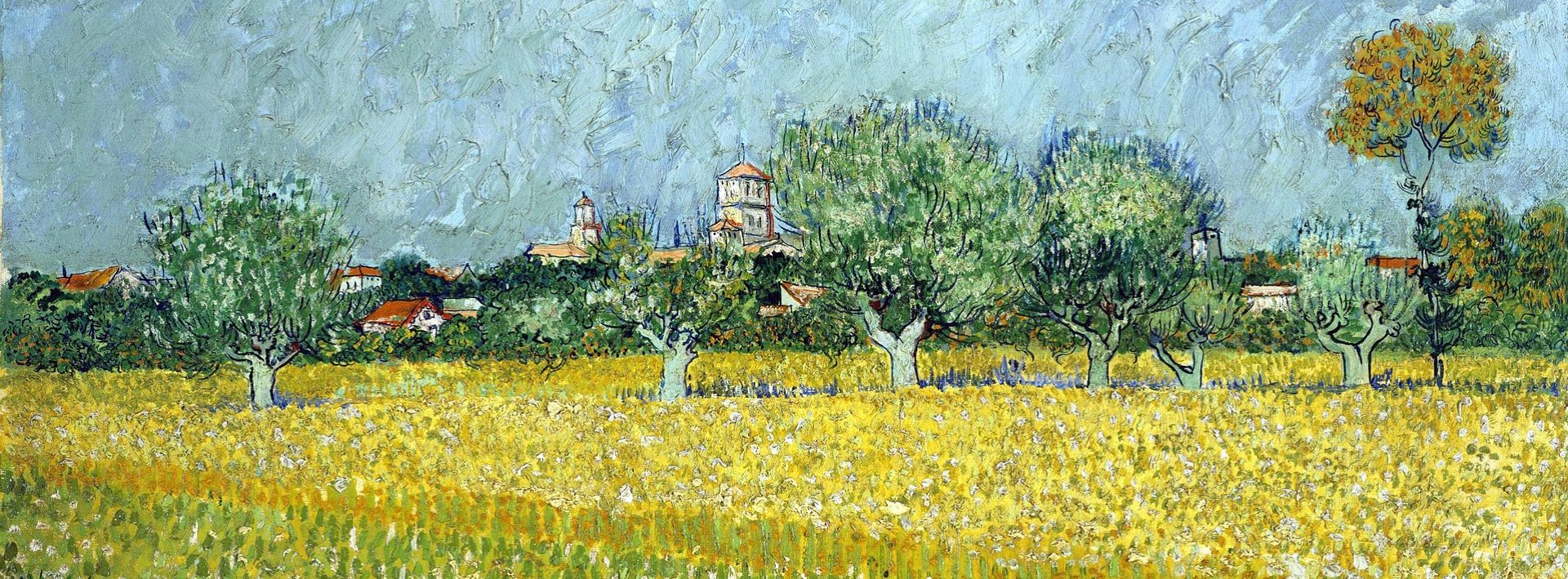All activities or companies on Earth share a resemblance with a glass partially filled: Sometimes they are full enough, or at times, they are just too low on its capacity. When the filled part is dominant, no one looks at the empty part, therefore the possibility of developing or practicing the competence of maintaining the glass reasonably full is missed. It’s worse when the glass is half full: Just a small part of people who work on the glass’ filling process are satisfied with its filled half, the other part, the majority, are lingering pessimists that curses its empty half.
In the current stage of human development, considering the constant innovations in products and processes, the ways of managing and doing business, the technology that supports all these improvements, it’s more common that a task, a project or a company are with their glasses half full. Nowadays, this turns companies into great schools of key competences development to the current modern professional, and ultimately, to the rational mind. It only makes sense to keep looking at the empty half of the glass if the objective is to plan its fill up. To just curse and complain about the bad luck of the owner’s glass is a hopeless exercise and psychologically exhausting. However, what competences can be developed, avoiding the commonplace, from these constant and accelerated changes that turns organizations and people into eternal novices?
A brief but relevant list to necessary competences would be:
- Intuition: A type of knowledge that is within each person. Perception from multiple human experiences that can be used to decide about something. It emerges from the communication of the two brain’s hemispheres: the left one, which is the rational one that stores concrete data and the right one, which is responsible for the non-verbal language, symbols, images, and feelings.
- Adaptability: Capability of living in conditions and environments that are different from ones favored is always followed by resilience, which is the individual’s capability to deal with problems, break through obstacles or endure a lot of pressure on troublesome situations.
- Flexible Standards and Beliefs: To have a holistic perception of everything surrounding you. Keep the mind open to new possibilities, even knowing it is painful to disrupt standards, which were established by deeply within beliefs that belong to each human being.
- Empathy: Psychological capability to feel what another person would feel if you were living the same situation. Consists in looking to try to feel, in an objective way, what another individual is feeling, to understand him better.
- Perseverance: The strength that makes the impossible to many, to be possible, by the willpower of whom believe in their plans, desires, and aspirations. It is generally followed by persistence, which is the virtue of the winners, and consists in not letting something get in their way always finish what they started.
- Creativity: Which means to turn ideas into practical resources. It is a process that its outcome is insights in dealing more effectively with the world around you, in solving problems and expanding the circle of influence of a person.
The careful reading of texts about these themes, the willingness to use them daily in your professional and personal lives, and the certainty that the real task of each one is to fill a glass and do not criticize its emptiness, leads you into a technical and personal development, that can be summarized by an Arthur Ashe’s (1982) quote, famous north American tennis player: “Success is a journey, not a destination. The doing is often more important than the outcome.”

